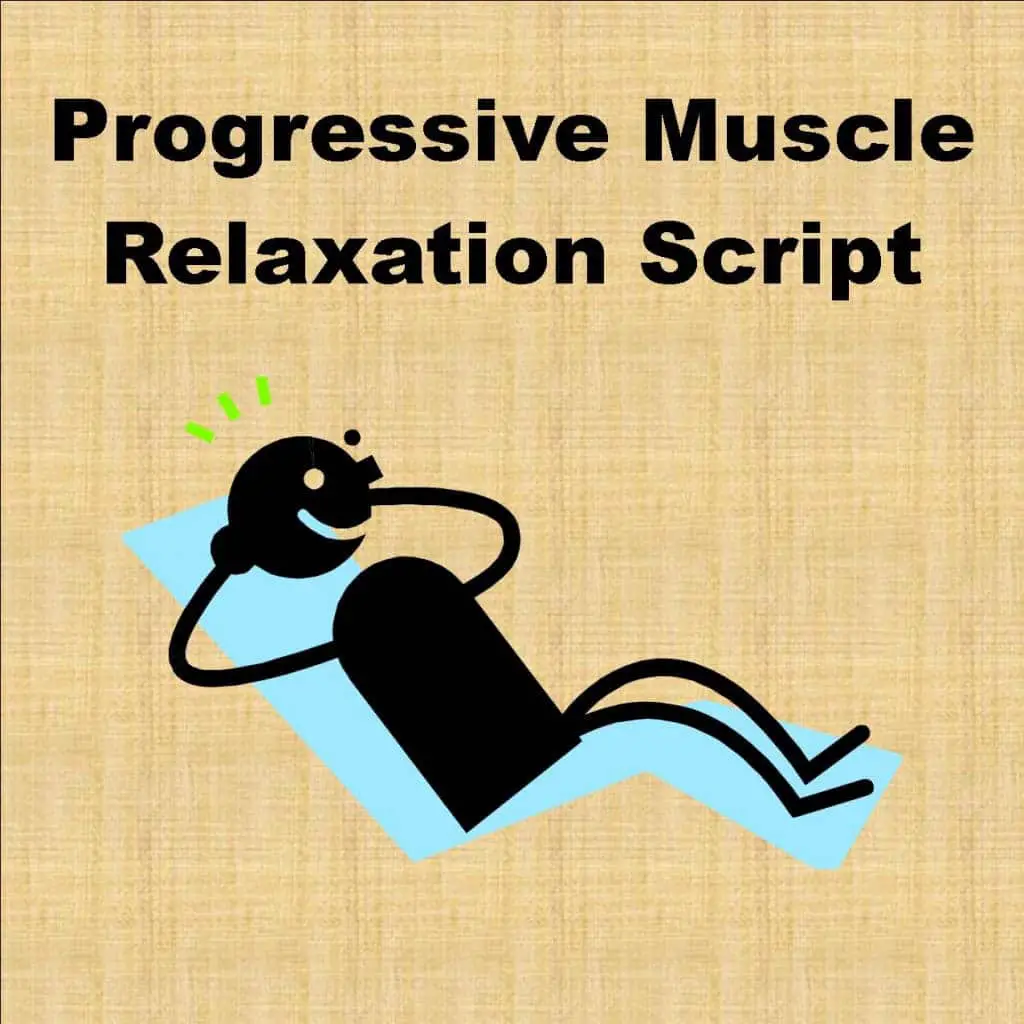Table of Contents
What is progressive muscle relaxation?
By Shehzadi Sarah
We being the 21st-century individuals face a lot of psychosocial issues. Among us are those who cope successfully with the demands of the society but there are also those who lag behind and fail to deal with the hardships. The field of Psychology has introduced many techniques, tips, tactics and therapies to deal with the severe as well as day to day stressors.
Definition of Progressive Muscle Relaxation:
One of the most common techniques that deal with such stress is Progressive Muscle Relaxation. Let’s define it: “Progressive Muscle Relaxation is a technique that involves learning to monitor as well as control any muscle tension” (Jacobson, 1938)

What is progressive muscle relaxation
An Overview of what actually is progressive muscle relaxation:
In our lives, such moments come when we feel anxious or tensed. Those feelings of anxiousness and tension might take the form of bodily symptoms like headaches, backache or sometimes pain in the neck. The above-mentioned technique is used to relieve such tension in the body.
There is a need to understand the difference that this tension for which progressive muscle relaxation technique is used is different than the one we experience while lifting or pushing a heavy object.
The basic concept behind this technique is that by stiffening and relaxing the muscular group of the body, it will get relatively easier to relax one’s whole body and one can be at peace in lesser time. Ultimately this will result in the reduction of stress in the body.
Steps to be taken:
There are a few necessary steps that have to be taken before starting the technique:
-
- Choose a quiet, comfortable room with a moderate temperature
- Start with slow deep breaths
- One has to sit comfortably or lie down
- Close eyes
As we discussed this already that all parts of the body are involved in progressive muscle relaxation technique, let’s have a look at each one of them:
-
- Clench your hands first, contract the muscles of hands as well as arms and then relax them
- The next focus is on facial muscles, raise your eyebrows and wrinkle your forehead as much as you can then relax it. Facial muscles’ relaxation also includes tightening the jaws and then relaxing them
- The neck includes moving it from left to right and then right to left as much as u can. It also involves lowering the chin towards the chest as much as you can and then bringing it back.
- The next focus is on the shoulders that involve rolling the shoulders back and then forth for 4-5 seconds.
- The back involves pushing the body forward and then relaxing it back
- The abdomen includes pushing and drawing back the stomach towards the spine just like sucking it inside and then releasing the muscles free.
- Legs include raising and tightening left leg and toes then taking it down. The same is done for the right leg. Then both legs are raised and tightened and then relaxed down.
- Toes include pulling them towards you as much as possible and then loosening them.
Application of PMR:
PMR has its an application in:
-
- Stress
- Hypertension
- Anxiety
- Depression especially postpartum depression
Source:
- Jacobson, E. (1938). Progressive relaxation. Chicago: University of Chicago Press
- https://www.mentalhelp.net/articles/progressive-muscle-relaxation-for-stress-reduction/
Information:
The purpose of our website is only to help students to assist them in finding the best suitable instrument for their research especially in Pakistan where students waste a lot of time in search of the instruments. It is totally free of cost and only for creating awareness and assisting students and researchers for good researches. Moreover, it is necessary for you to take the permission of scales from their representative authors before use because copyrights are reserved by the respected authors.
Help Us Improve This Article
Did you find an inaccuracy? We work hard to provide accurate and scientifically reliable information. If you have found an error of any kind, please let us know.
Add comment. we appropriate your effort.
If you have any scale or any material related to psychology kindly share it with us at psychologyroots@gmail.com. We help others on behalf of you.
Follow